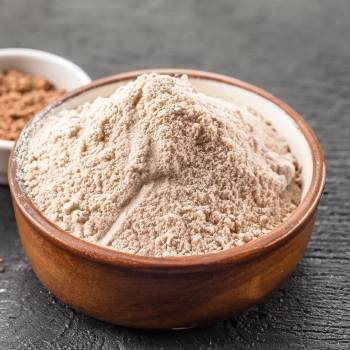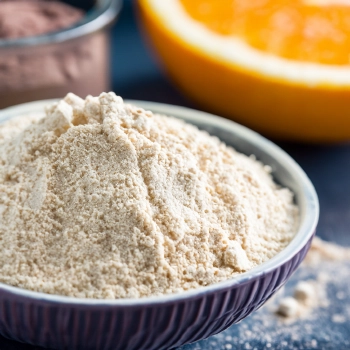The safety of pre-workout supplements for diabetics depends on various factors, including the ingredients and your individual health status.
As a personal trainer passionate about promoting health, I've conducted extensive research on safely incorporating these supplements to enhance training performance.
This article explores key factors and best practices to help you safely include pre-workout supplements in your fitness routine while effectively managing diabetes.
Quick Summary
- Pre-workout is safe for diabetic people, provided it contains low levels of caffeine, artificial sweeteners, and sugar.
- The non-essential amino acids found in some pre-workout supplements can help improve glucose absorption by increasing blood flow.
- Individuals with diabetes are impacted by their overall immunity, making pre-workout supplements with immune-boosting ingredients beneficial.
- It's important for diabetics to be cautious and informed, as numerous pre-workout ingredients can have unintended effects on blood sugar management.
Is Pre-workout Safe for Diabetics?

Pre-workout is generally safe for diabetics, but it's important to be aware of the ingredients in the supplements you're taking.
There are many pre-workout supplements available that can be suitable for you if they have low sugar, no artificial sweeteners, and are without caffeine.
So, when working with my clients who have diabetes, I always advise them to carefully read supplement labels and consider specific factors to avoid any that could affect their blood glucose levels.
Key Features to Look For:

Now, let's see what you should look for in pre-workout supplements when you have diabetes.
1. Stim-free
Stim-free pre-workout is an excellent option for people with diabetes. Caffeine is the most common stimulant in these supplements because it can significantly enhance energy and focus for exercise, but a study in WebMD says caffeine can also impede how the body manages blood sugar levels [1].
“Caffeine affects every person differently. If you have diabetes or you’re struggling to control your blood sugar levels, limiting the amount of caffeine in your diet may provide a benefit.”
- Regina Castro, MD
2. L-citrulline
L-citrulline is a great choice for diabetics because it can help improve glucose levels by enhancing oxygen transport to muscles.
This happens because ...
L-citrulline is a non-essential amino acid that boosts nitric oxide production, which, in turn, increases blood flow throughout the body.
As mentioned in the National Library of Medicine, better blood flow ensures faster oxygen delivery to the muscles and, in effect, aids in glucose absorption and lowering blood sugar levels, benefiting individuals with diabetes [2].
3. Added Vitamins and Minerals
Diabetes does not just affect the management of blood sugar levels but a person’s overall health, including immunity [3].
That's why pre-workout supplements with immune-boosting ingredients are a smart choice for people with diabetes.
To strengthen your immunity, consider these key components in your pre-workout:
- Vitamin C
- B12
- Potassium
- Calcium
- BCAAs (recommended ratio)
- Zinc
- Beet root extract
What to Avoid

For those with diabetes, dodging caffeine is key due to its effect on blood sugar. But that's not the only watch-out in pre-workouts. Sugar alcohols and artificial sweeteners in these supplements are no-nos for diabetics.
Despite once being seen as a sugar alternative, recent studies in the National Library of Medicine question artificial sweeteners' suitability [4]. They cut calories but might impact insulin sensitivity, bad news for diabetes.
Carbs are another concern. Both simple and complex types turn into glucose, spiking blood sugar [5].
FAQs
Does Pre-workout Contain Sugar?
Pre-workout can contain sugar, but more often artificial sweeteners or sugar alcohols. Usually, the purpose of these sweetening agents is to enhance flavor without adding calories. Individuals with diabetes need to read the label and recognize any sugars the pre-workout may contain.
Is Creatine Okay for Diabetics?
Creatine may not be okay for people with diabetes because it can affect blood sugar levels.
References:
- https://www.webmd.com/diabetes/diabetes-and-caffeine
- https://www.ncbi.nlm.nih.gov/pmc/articles/PMC7783447
- https://www.ncbi.nlm.nih.gov/pmc/articles/PMC7475801
- https://www.ncbi.nlm.nih.gov/pmc/articles/PMC5903011/
- https://diabetes.org/food-nutrition/understanding-carbs
About The Author
You May Also Like






